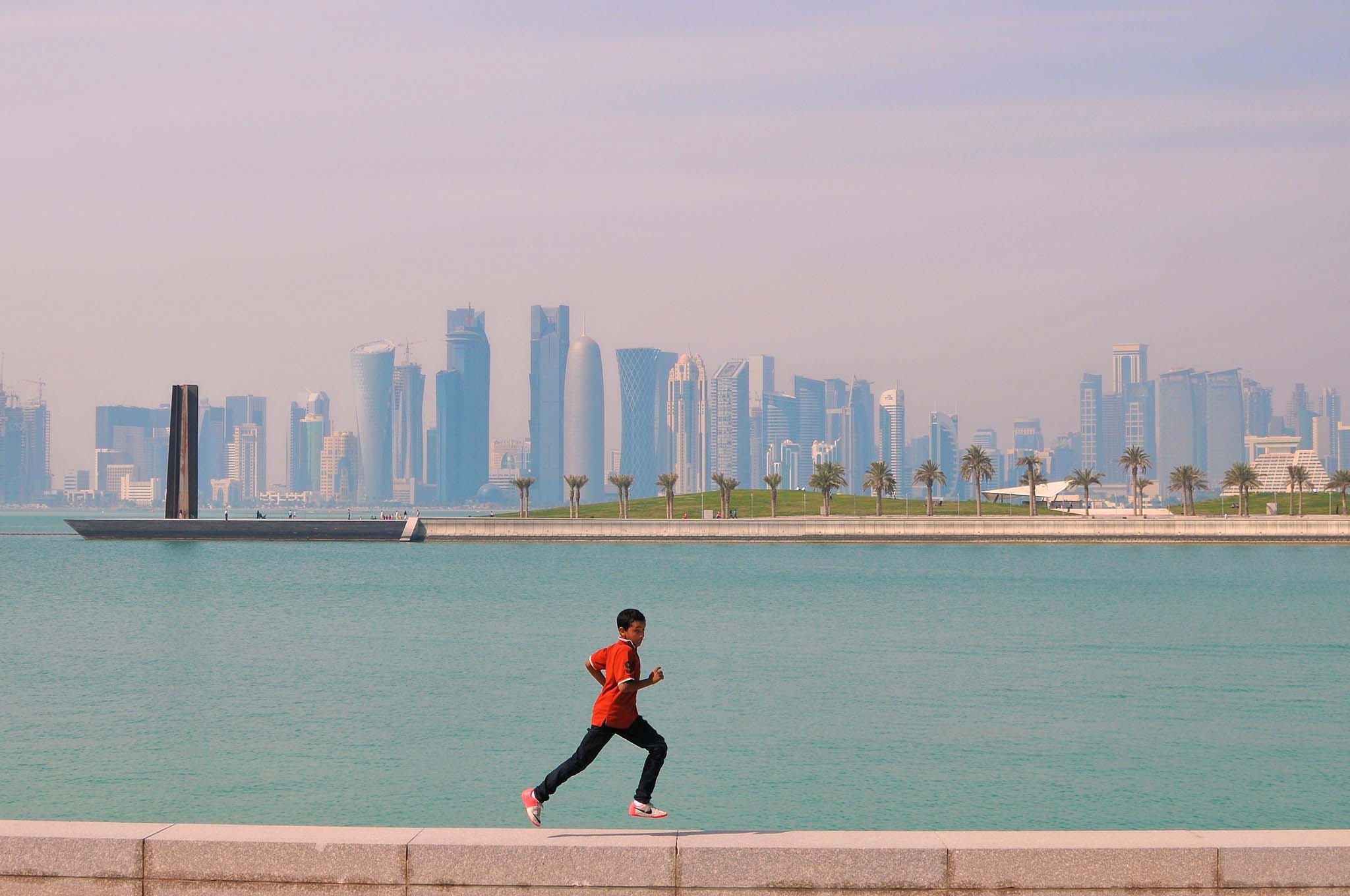Observing the holy month of Ramadan, for those of us who fast, tends to lead to a change in our dietary habits, eating and sleeping routines.
Studies have shown that fasting for a month without engaging in any physical activity can lead to a reduction in strength and fitness.
Therefore, during this time, it is important that we make sure that we don’t neglect our health and adapt our exercise routines to fit our schedules.
Based on international recommendations and guidelines on physical activity, a person should engage in at least 60 minutes of moderate to vigorous intensity physical activity daily to achieve optimum health.
During Ramadan, our schedules are impacted by fasting and it can often be challenging to engage in vigorous forms of physical activity, especially during the day. This is mainly due to low energy levels that we usually experience during the daytime, and the inability to refuel or rehydrate while fasting.
It is recommended that we utilise the evening hours for physical activity and prioritise exercise even with our busy schedules and all the activities that typically occur after sundown.
What happens to our physical activity during Ramadan?
A community-based cohort study conducted in Qatar aimed at exploring the effects of fasting during the holy month on the levels of physical activity.
The levels of physical activity in this study were measured and assessed by a pedometer that records a daily step count. The study included registered members from the Step into Health program, over a period of 7 years, from 2013-2019.
What is the difference between ‘good’ and ‘bad’ cholesterol?
Results from this study showed that the average step count of the fasting participants decreased significantly during the month of Ramadan when compared to before Ramadan.
Findings from the study also showed that the step count was slow to recover and did not go back to what it was before Ramadan until 4 weeks after Ramadan had ended.
Conversely, for those who didn’t fast, their step count increased during the holy month. This could be explained by the decrease in working hours during this month, that allowed for extra time, for those who do not fast, to engage in physical activity.
The study also revealed that the preferred timing for exercising during Ramadan for fasting and non-fasting individuals was after the evening meal (iftar), while the least preferred time for physical activity for both fasting individuals and those who weren’t fasting, was the afternoon. The most preferred location to exercise were parks and walking trails, as indicated by the participants of the study.
Despite there being a significant decrease in the levels of physical activity experienced by those who were fasting during the month of Ramadan, the majority of the participants who were fasting were not aware that their physical activity was affected.
It is therefore important that public health interventions are targeted to promote physical activity during the holy month and after. The study also recommends that the preferred locations for physical activity can be potential targets for such interventions.
Tips to stay active
If you are observing the upcoming holy month of Ramadan and are looking for ways to stay motivated and active, here are five tips to help you achieve your goals for a healthier Ramadan:
- Plan your workouts during the time of day that is right for you. This is ideally when your body is properly fueled after you break your fast. However, it is recommended that you exercise around 2-3 hours after iftar and not immediately after iftar, to give time for digestion.
- Set goals for physical activity and challenge your friends and family members to meet them with you. This way, through healthy competition, you will find motivation to exercise and reach your fitness goals together during Ramadan.
- Perform physical activity for at least 30 minutes daily. In the hot summer months, it is advisable that you do so in an air-conditioned space.
- Hydrate your body by drinking sufficient quantities of water in the hours between iftar and suhour.
- Try to fill up your time during fasting doing things like household chores, or going on paced walks, and avoid sitting inactively in front of the television for long periods of time.
If you are unsure about your state of health, it is important that you consult with your doctor before taking part in physical activity, especially whilst fasting.
Follow Doha News on Twitter, Instagram, Facebook and Youtube







